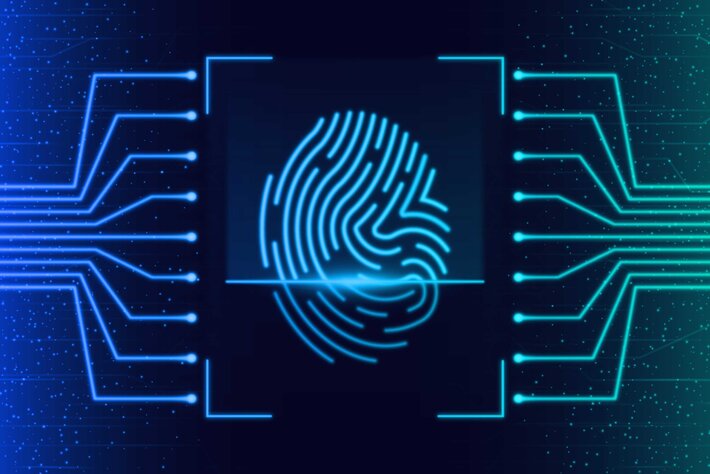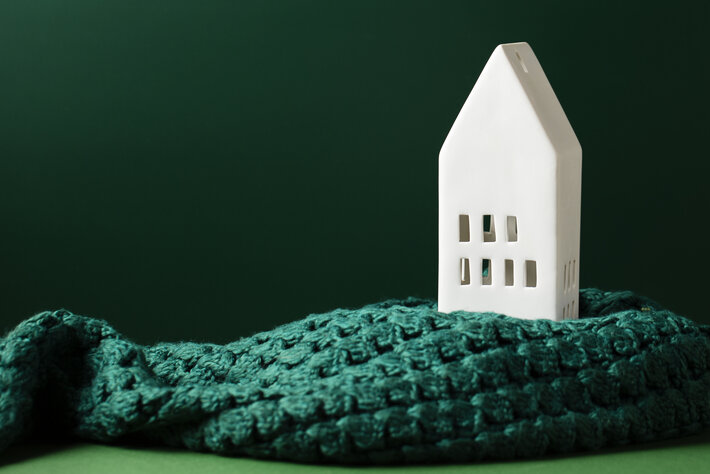The positive impact of smart city technologies on economic development could see cities locking in incremental growth of over 5% and driving more than $20 trillion (€16.21 trillion) in additional economic benefits over the coming decade. These are the findings of a new whitepaper by ABI Researchwhich analyses the impact smart city technologies could have on economic development and GDP growth by 2026.
According to the report, titled ‘Roles of Smart Cities for Economic Development,’ economic development should be treated as an “uber” benefit, indirectly linked to factors conducive to attract and maintain economic activity within cities, such as security, and livability.
Using GDP growth as a key metric, the white paper, commissioned by InterDigital on behalf of its Smart Cities-focused business, ChordantTM, highlighted the following three dimensions or phases set to be impacted by smart city technologies over the course of the next decade, these include:
- Open Data Policies, with a potential incremental GDP growth of close to $1 trillion (€0.81 trillion) without investments in physical infrastructure;
- Public investments multiplier effect of up to 10 times, with a potential incremental GDP growth of $10 trillion ( €8.10 trillion); and
- Structural Smart Urban Economy growth, with an expected increase of 2.8% by 2026, driven by next-generation technologies like AI and blockchain.
 “These recent findings further emphasize the importance of technology as a driver for economic development in our future smart cities,” said Jim Nolan, executive vice president, Chordant, at InterDigital. “The benefits are clear: trillions in incremental GDP growth will significantly transform the way we live and how our cities operate. But it’s not as simple as deploying technology and hoping it sticks. Cities will have to become strategic in the way they deploy smart city technology to ensure that it maximises its potential.”
“These recent findings further emphasize the importance of technology as a driver for economic development in our future smart cities,” said Jim Nolan, executive vice president, Chordant, at InterDigital. “The benefits are clear: trillions in incremental GDP growth will significantly transform the way we live and how our cities operate. But it’s not as simple as deploying technology and hoping it sticks. Cities will have to become strategic in the way they deploy smart city technology to ensure that it maximises its potential.”
The report noted that to operationalise and capture these economic benefits, cities must begin preparation and investment now. In particular, the recommendations from the report suggest that smart city strategies must be optimised based on detailed guidelines and checklist tools.
These include:
- Define priorities and strategies based on an economic development SWOT;
- Set up processes supporting frictionless interaction with supplier ecosystems; and
- Optimise based on economic variability according to regional and city size differences.
In addition to this, the report identified both economic growth and technological drivers for economic development in a smart city. On economic growth, factors such as a business-friendly environment, skilled workforce and political stability were cited.
On technology drivers, areas included:
- Connectivity platforms: a range of technologies such as 5G, fiber, Low Power Wide Area (LPWA) and V2X (Vehicle-to-Infrastructure) will contribute significantly to economic growth by allowing important cost savings through new services like smart bins, smart street lights, etc.
- Sensors: Both embedded and mobile sensors, in combination with connectivity, allow optimised use of assets through better access to real-time information as well as monitoring environmental metrics to control air and water quality.
- Analytics: Advanced analytics allow extracting actionable intelligence, from condition-based monitoring to advanced preventive and predictive maintenance.
- Open data platforms and policies: Standardised platforms will accelerate the unlocking of technological innovation. Opening the access of real-time data to a smart city ecosystem will represent significant economic value in terms of efficiencies, innovation and job creation.

“Next-generation smart city technologies like AI, blockchain, and closed-loop infrastructure will accelerate future growth by transforming the economy into cognitive, self-governing entities,” said Dominique Bonte, vice president, Markets, ABI Research.
“Distributed ledgers and other financial instruments will allow citizens to seamlessly participate in a networked, all-in economy characterised by frictionless cross-vertical collaboration, transparent commerce, and new forms of employment, driving unseen levels of innovation and urban value creation. Cities will be the catalysts of this emerging new economy which will be both scalable and sustainable.”
The report follows a recent whitepaper published by ABI Research in December 2017, and also commissioned by InterDigital, which highlighted the $5 trillion (€4.05 trillion) cost saving opportunity for cities using or deploying smart city and IoT technology. According to the report, entitled ‘Smart Cities and Cost Savings’, cities employing smart city technology could stand to make significant cost savings across governments, enterprises and citizens.
The full ABI Research report, ‘Role of Smart Cities for Economic Development’ is available to download here.
Comment on this article below or via Twitter: @IoTNow_OR @jcIoTnow










